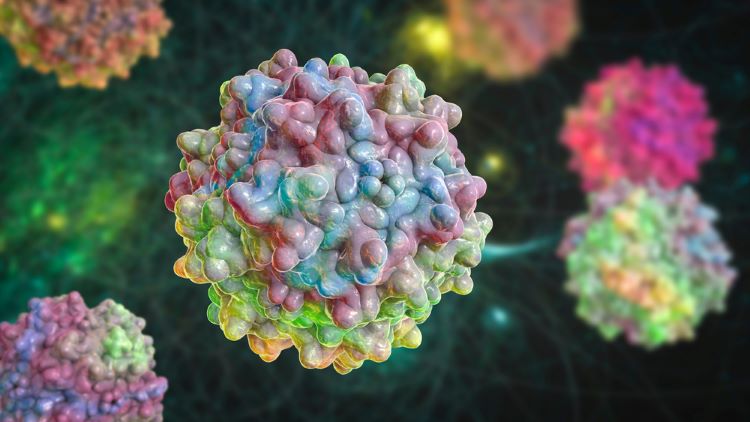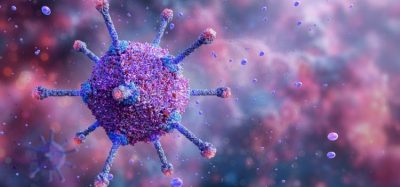AAV gene therapy demonstrates positive activity in Duchenne muscular dystrophy
Posted: 24 April 2024 | Catherine Eckford (European Pharmaceutical Review) | No comments yet
Initial trial results show the gene therapy enabled up to 85 percent of muscle fibres expressing microdystrophin in boys with Duchenne muscular dystrophy eight weeks post-injection.


New trial data for a gene therapy presented at the International Myology 2024 Congress has revealed “good” tolerability in Duchenne muscular dystrophy, when combined with transient immunological prophylactic treatment, as well as efficacy data relating to microdystrophin expression and functional improvement.
The gene therapy trial for GNT0004 enrolled ambulant (able to walk) boys six to 10 years old, Genethon stated. The innovative design incorporated Phases I/II/III trials conducted with a dose escalation phase, followed by a pivotal phase at the selected dose.
To treat this rare disease, GNT0004 contains a shortened, functional version of DMD gene (hMD1) encoding dystrophin, according to Genethon. Specifically, a Spc5.11 promotor drives the hMD1 transgene. This leads to expression in certain tissues such as skeletal and cardiac muscle.
Five of the patients were treated with GNT0004, an adeno-associated virus (AAV8) vector-based gene therapy, which was administered via intravenous injection. Two patients received the first dose; three were given the second dose.
What did the results from the gene therapy trial show?
A second 3×1013 vg/kg dose given to the Duchenne muscular dystrophy patients facilitated:
- Up to 85 percent of muscle fibres expressing microdystrophin eight weeks post-injection
- Twelve weeks post-treatment, a decrease in CPK levels (a biomarker of muscular distress) were observed. This comprised between 50 percent and 87 percent, and persistent (up to 18 months of follow-up for the first patient treated at this dose).
one-year efficacy results for the first patient in cohort 2 showed a positive clinical evolution”
Additionally, one-year efficacy results for the first patient in cohort 2 showed a positive clinical evolution, Genethon reported.
The firm highlighted the dose chosen for the AAV8 gene therapy was lower than those used in other gene therapy trials for Duchenne muscular dystrophy.
Following positive opinion from the Data Monitoring Committee for its gene therapy, Genethon shared that it is planning the pivotal European phase of the trial.
Related topics
Biopharmaceuticals, Clinical Development, Clinical Trials, Dosage, Drug Development, Drug Safety, Gene therapy, Industry Insight, Research & Development (R&D), Therapeutics









